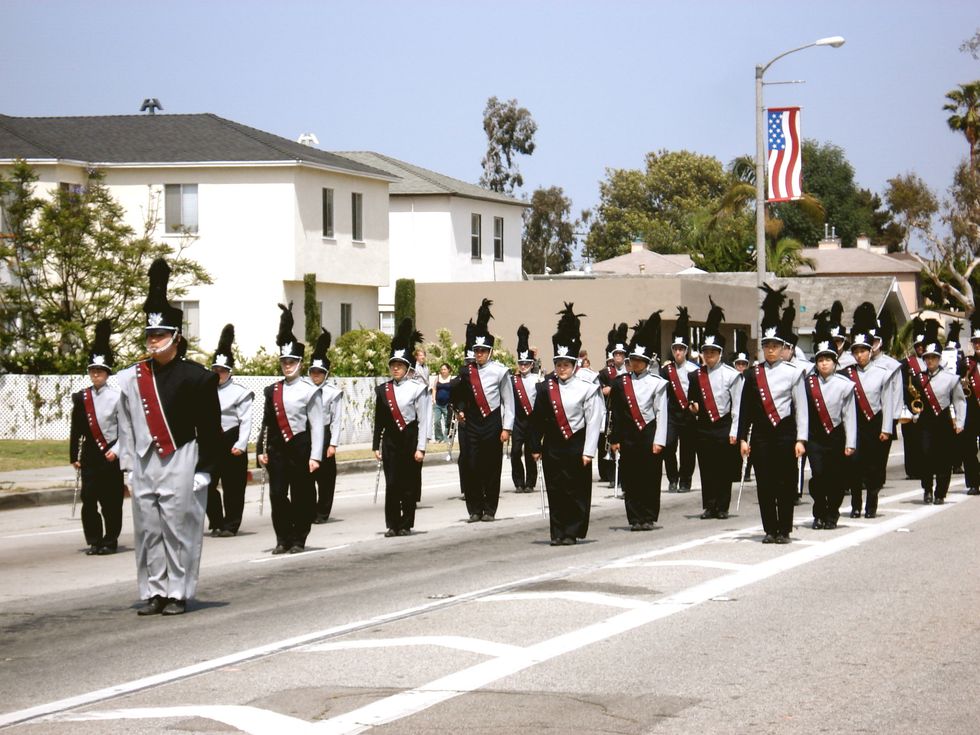Music is not only enjoyable for children, but it is beneficial to their growth and development as people. Here are some reasons why music in our schools matters.
Music Helps With Language

Students who learn music early on actually activate the parts of their brains that are related to language and reasoning. Studies have shown that music improves auditory understanding in things such as foreign languages, and understanding in other ways as well. Music has its own type of rules, its own type of grammar and symbols and 'rules,' and learning that early on helps children transfer that over to foreign languages. Music even includes foreign terms, mostly in Italian which most students are not able to take, but it still introduces students to other languages early on which prepares them to learn more later in their lives.
Music Helps With Test Scores

It seems all schools are concerned with is test scores, and music helps improve those. The College Entrance Examination Board found that students that students in music performance scored 57 points higher on the verbal and 41 points higher on the math portions of the SAT, and those in music appreciation scored 63 points higher on verbal and 44 points higher on the math. Music has been shown to help with test scores, even those in subjects not directly related to music.
Music Programs Increase Graduation Rates

There is a correlation between graduation rates and the presence of music programs in high schools. Graduation rates in schools with music programs are an outstanding 90.2% as compared to 72.9%. There is also a correlation between attendance rates and music programs, the same study showing that schools with music programs had an average attendance rate of 93.3% as compared to 84.9%. This is probably because music programs provide a family for children in schools, a safe and enjoyable place for them to go. It only makes sense that this would increase the rate of children who regularly attend school and who attend long enough to graduate instead of dropping out.
It Does Not Have to be Perfect

Some people think that music programs have to be big and incredibly high-caliber to be able to make any significant impact on children. That is not the case at all, however. Studies have shown that even small-scale music programs improved student's grades, showing that scores in Math and English improved in those students who had a music program compared to those with no music at all. And while the same study showed that more high-quality music programs improved the scores by at least 20% in each category, that does not mean a huge music program is needed or even possible in every school zone. But eradicating music completely does show significant drops in test grades, and even cutting funds and valuing music lower than other activities shows up to 20% decreases in test scores.
Music Helps Students Develop Important Bonds

Music does not only help academically. Music helps students explore their creative side, helps them connect to artists and different types of music, and helps them connect to their classmates on a deep level by creating music and having to work together with them. Just as sports teams develop a deep understanding with each other by working as a team, bands and choirs and other ensembles develop that same bond by working to create music together, which takes a lot of listening and understanding and emoting. Music is crucial in developing bonds between students and other students, between students and artists, and between students and themselves.
And Finally...

Music is just fun! Why cut funding for something that gives students joy and entertainment? It is just as entertaining as sports, which receive much more funding in most cases, and is enjoyable for outsiders and families just as going to sports events is. If the studies aren't enough to convince you that music education is important, then just think about the happiness and enjoyment of the students. Music provides a unique, enriching form of entertainment for students and funding that should be at the core of what we believe in and support if we want what's best for our students.



















